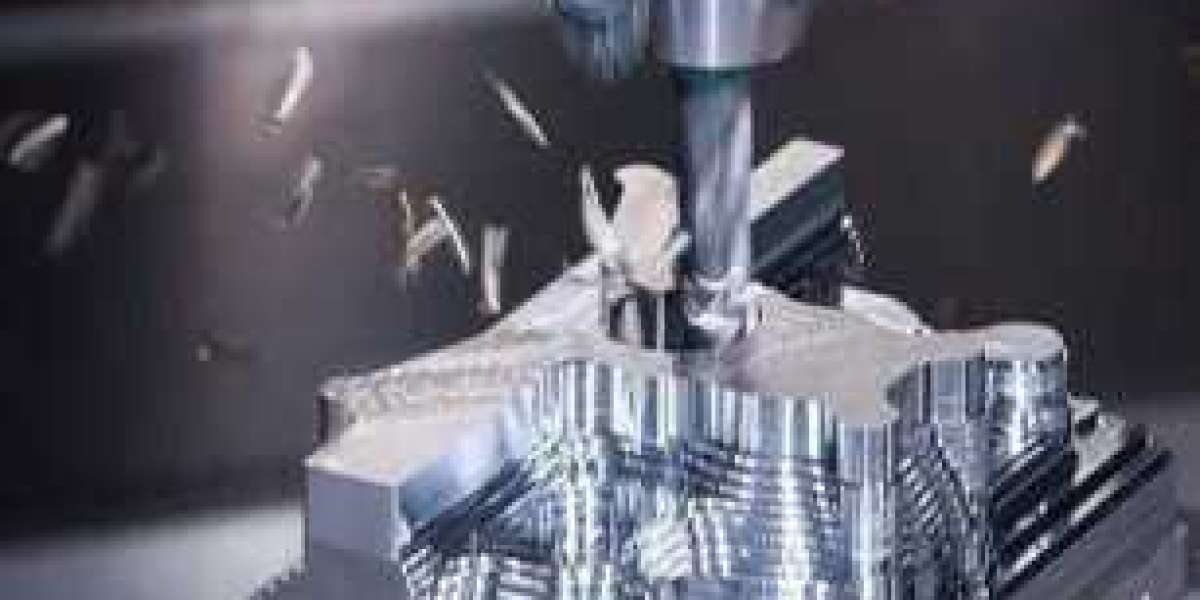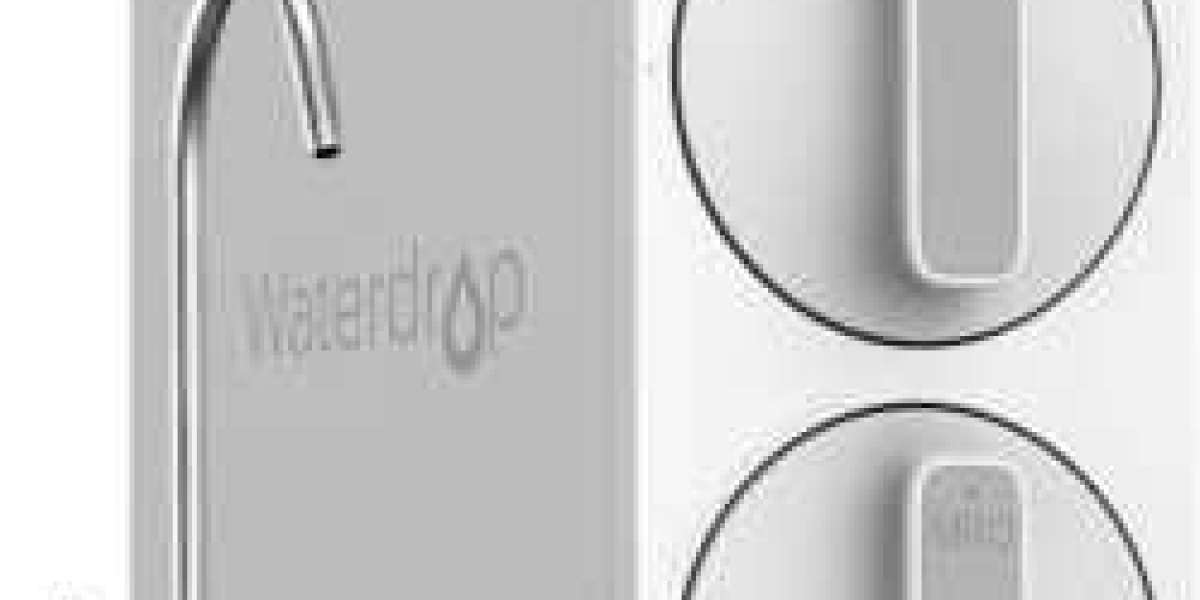What is Micro CNC Machining?
Micro CNC machining is an ultra-precise manufacturing technique that fabricates miniature parts with tolerances as tight as ±1 micron. It utilizes specialized CNC machines and tiny cutting tools to shape materials with unmatched accuracy, ensuring high repeatability and minimal waste.
How the Process Works
The micro-machining process follows these key steps:
- CAD Design Programming: Engineers create precise digital models for machining.
- Tool Selection: High-speed, micro-sized cutting tools are chosen.
- Material Processing: Metals, plastics, or ceramics are securely positioned for machining.
- CNC Machining Execution: The CNC system carves, drills, or mills the material to exact specifications.
- Inspection Finishing: Laser measurement or microscopy ensures precision before the final product is delivered.
Common Materials Used
This machining process is compatible with a variety of materials, including:
- Metals: Aluminum, titanium, stainless steel, and brass.
- Plastics: PEEK, polycarbonate, and acrylic.
- Ceramics: Used in aerospace and high-tech applications for durability.
Applications Across Industries
1. Medical Industry
Micro-machined parts are essential in surgical tools, implants, and microfluidic devices, ensuring high precision for patient safety.
2. Aerospace Defense
Highly durable components for navigation systems, fuel injectors, and small mechanical parts are crafted with micro CNC machining.
3. Electronics Semiconductor Manufacturing
Miniature circuit board components, micro-sensors, and tiny connectors help power today’s cutting-edge devices.
4. Automotive Sector
As vehicles become smarter, micro-machined parts aid in fuel injectors, sensors, and control units for enhanced performance.
Key Benefits of Micro CNC Machining
✔ Unmatched Precision: Delivers extreme accuracy in micro-scale components.
✔ High Repeatability: Maintains consistency in large production batches.
✔ Material Efficiency: Reduces material waste with precise cutting.
✔ Versatile Applications: Works with metals, plastics, and ceramics.
✔ Supports Complex Designs: Enables intricate, detailed structures.
Challenges in Micro CNC Machining
Despite its advantages, micro CNC machining presents some challenges:
- High Tool Wear: Miniature tools require frequent replacements.
- Advanced Setup Requirements: Requires specialized programming and machines.
- Material Sensitivity: Some materials are challenging to machine at a microscopic scale.
The Future of Micro CNC Machining
As demand for smaller, more advanced components grows, micro CNC machining is set to evolve with nanotechnology, AI-driven automation, and next-gen tooling. These advancements will unlock new possibilities in medicine, aerospace, and emerging technologies like quantum computing.
Conclusion
Micro CNC machining is revolutionizing precision manufacturing, enabling the creation of intricate components essential for high-tech industries. As the technology continues to evolve, its impact on miniaturization and efficiency will only grow.
For an in-depth look at micro CNC machining and its applications, explore this detailed guide.



